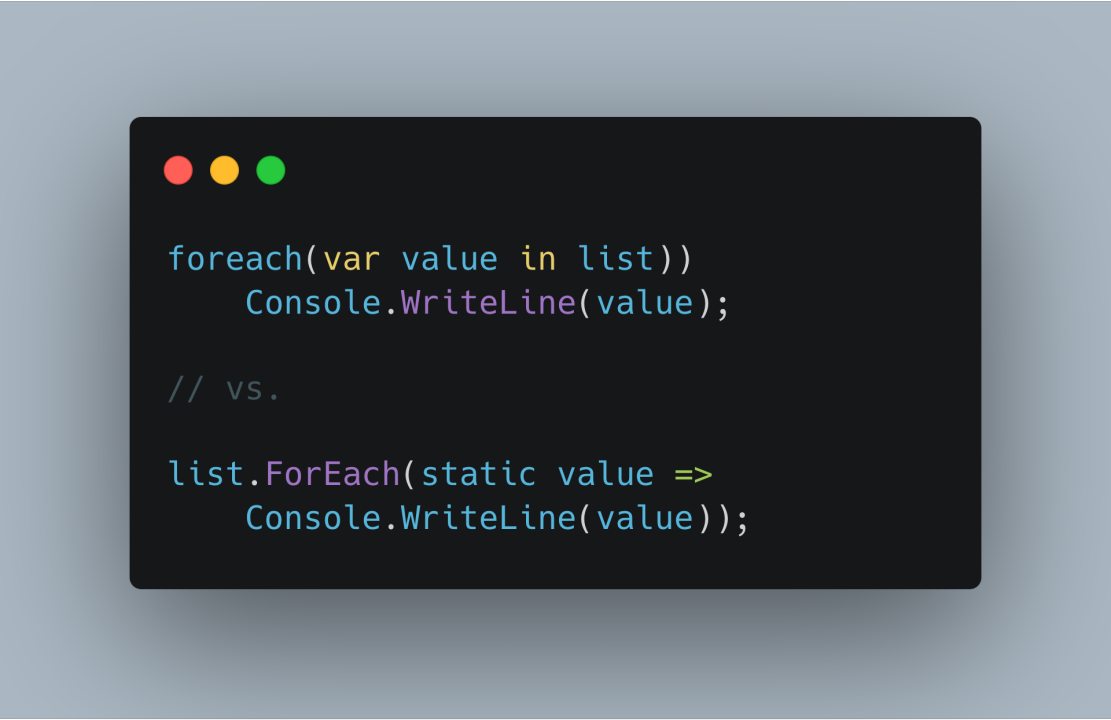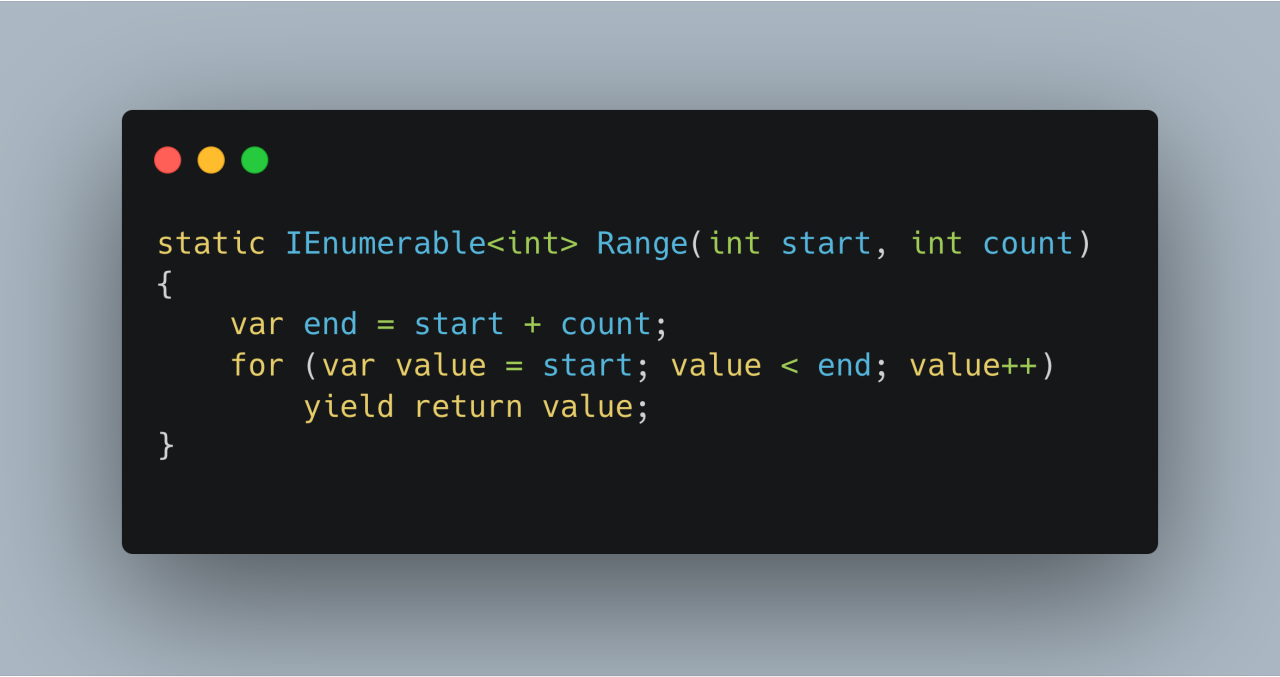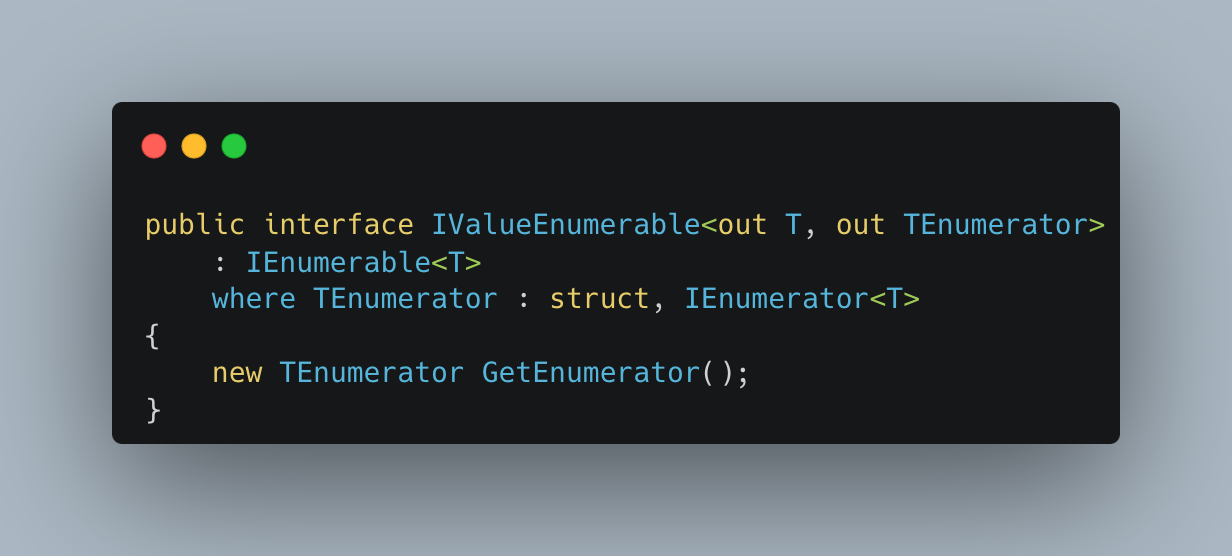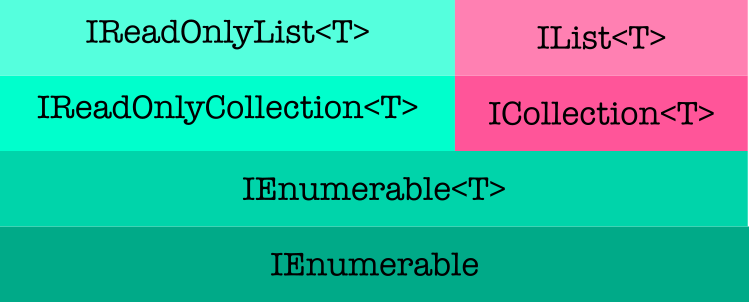
A generic tensor library for .NET
EDIT: Revised the content to align with the changes introduced in version 2 of NetFabric.Numerics.Tensors. In a previous article, I explored SIMD and its impact on improving mathematical calcu...

EDIT: Revised the content to align with the changes introduced in version 2 of NetFabric.Numerics.Tensors. In a previous article, I explored SIMD and its impact on improving mathematical calcu...

Within the realm of C# programming, distinguishing between similar constructs can significantly enhance your coding prowess. This article delves into the comparison of two C# iteration methods: for...

I’ve been immersed in the .NET world since version 1.0, and it’s been an incredible journey. Throughout the years, .NET has consistently been my primary development tool of choice. In this article,...

As detailed in a previous article, an enumerator serves as a representation of a pull stream. To obtain the next item, clients must invoke the MoveNext() method. If it returnstrue, it indicates a s...

As I explained in a previous article, IEnumerable<T> is an interface that enforces the requirements for the source of a foreach statement. Any type that implements IEnumerable<T> can be...

.NET Reflection is a dynamic mechanism that allows developers to inspect and interact with the metadata and behaviour of types, objects, and assemblies at runtime. This enables tasks like discoveri...

Roslyn Analyzers and Code Generators are essential tools in the world of .NET development. Analyzers offer real-time code analysis at compile time, catching issues and promoting best practices by i...

Behind the elegant facade of LINQ lies a meticulously engineered core designed for more than just simplicity. This article delves into the technical intricacies of LINQ, focusing on the “speed opti...

In the dynamic landscape of modern software development, efficient data processing lies at the core of creating high-performance applications. As developers, we constantly strive to balance readabi...

A collection is a fundamental concept that refers to a grouping or container for a set of related objects or values. These objects could be of any data type, such as integers, strings, custom objec...